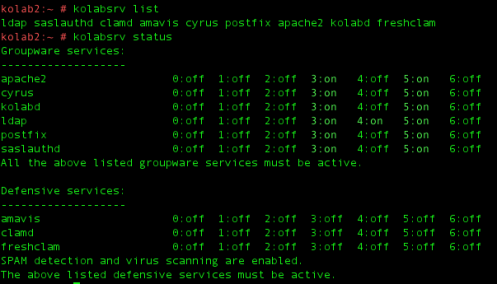In my last blog I was mentioning the “Distribution Wettstreit” which translates in “distribution competition” held on the Chemnitzer Linuxtage event. The idea of that session is to have distros lined up on stage and give them a task and see how each of them is able to solve it and compare that. I participated for openSUSE but the session left some question marks for me. Here are my thoughts how the idea could be improved.
As far as I know it happened the second time in Chemnitz, were Debian, Fedora, Mandriva, Pardus, Ubuntu and openSUSE were on stage. The tasks we got were every day problems, such as playing a flash movie or how to display a html 5 page. openSUSE was lucky with a one week old release, so wonder why we can handle HTML5 directly and others who released earlier can not?
I have to say that I do not like this kind of session too much. It is great to compare distributions, and also to do it kind of interactively and live. But even given that all involved know that its not about finding a winner and a looser, in this format there are too many parameters that influence the whole thing: First, the release date. Younger distros tend to be better than older ones. Second, it highly depends on the person who sits in front of the machine and explains what he does to solve the problem. One must be able to solve the task technically, and than she/he must be able to talk about it appealingly.
Different distros target at different user groups, and you quickly compare apples with oranges. I think it should be realized as a benefit that we’re different, and that does not necessarily need to end up in a competition everywhere. Moreover, we should appreciate if people remain playful and try distros as they like instead of trying to nail them to one forever.
Maybe next time we can rather have a “The combined power of the Linux variety” -session [working title] instead? In that we could try to work out the differences between the distros and which user groups could benefit from them. I mean, the variety in the FOSS community is the great advantage that we have over other systems and we should express it. And our similarities which we certainly have should also be brought on the table. To whom do we really compete? I guess we should be compared against commercial systems which tend to lock the user in with huge consequences or have security-, innovation- and other issues. Why not line up on stage and show the audience how we together beat these system with free software in various ways for the good of the user?
Yes, playing flash movies is a every users problem, and I know the “I don’t care, it simply needs to work!”-attitude lots of users do have. We as free software distributions had and have to find ways to deal with it, and we all have our solutions. But whats really important is not to present new users that we even though in general can not work with Flash, we found a workaround.
The more important message is why its dark in some corners of FOSS world, how that can be improved and who is able to change that. I think it would be awesome if that could be taken more into account the next time we have the opportunity to speak to such an audience as distributions together.

